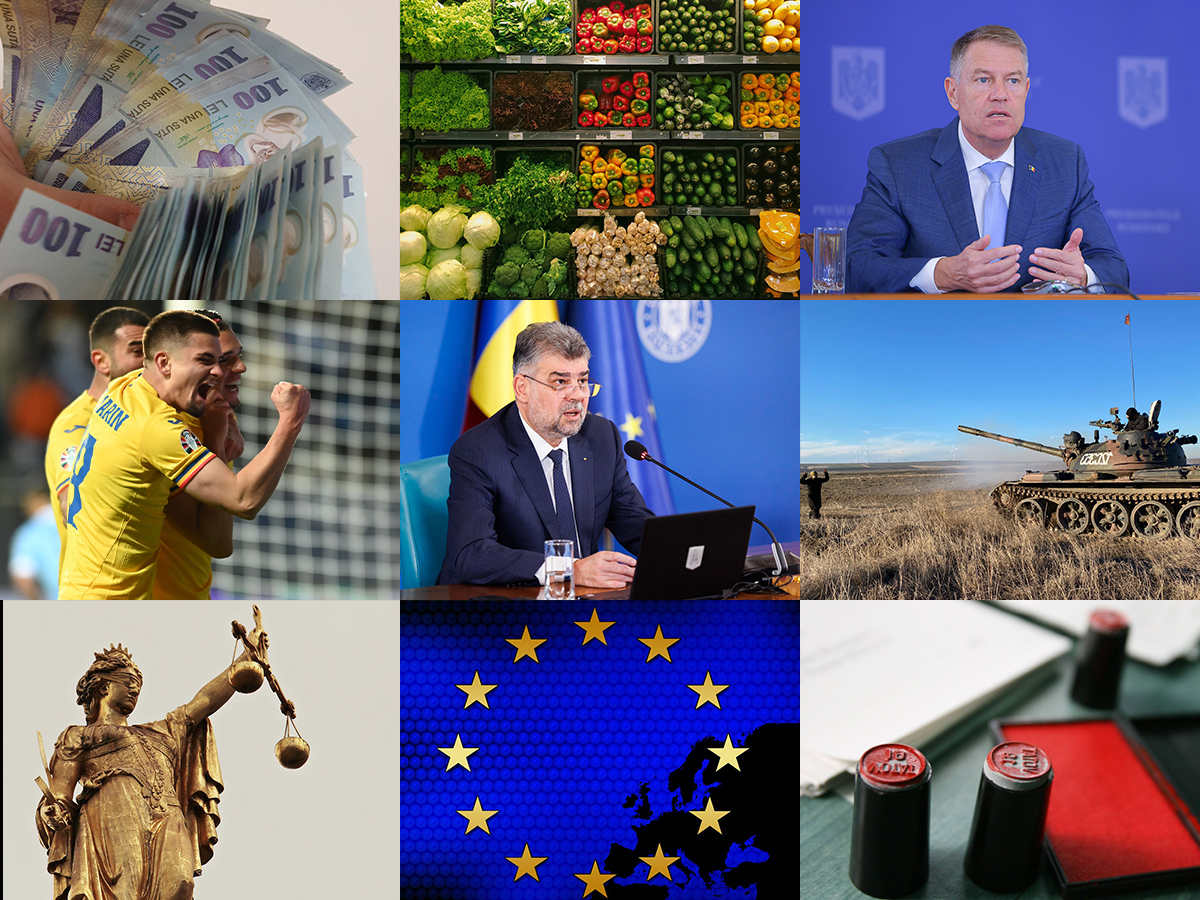October 9-15
A look at the main headline-grabbing events this past week

România Internațional, 16.10.2021, 14:00
Health crisis – hospitals can no longer cope with the large number of Covid-19 cases
This week, Romanian doctors have desperately called on the population to get vaccinated and to observe the health protection measures, in an attempt to put an end to the fourth wave of the coronavirus pandemic which is still wreaking havoc in Romania. Currently one of the most affected countries in the world by the highly contagious Delta variant, Romania has a vaccination rate of only about 30 percent, well below the world average and the penultimate in the European Union.
Although they can benefit from free Pfizer, Moderna, Astra Zeneca and Johnson & Johnson vaccines, received through the European Community mechanisms, Romanians still inexplicably hesitate to use them, given that hundreds of them die daily of Covid 19, hospitals are overwhelmed and intensive care units are full.
The media shows images in which patients, many of them unable to breathe without oxygen devices or who need special care, are waiting in ambulances or on hospital corridors for a bed to be freed, which often becomes the case because other patients die. Politicians, who haven’t been able to take any coherent measures lately, blame each other and also call for vaccination and responsibility from the population, after a long period of relaxation. What is certain is that Romania has requested European medical help, and that is already happening. Poland, Denmark and the European Union have sent oxygen concentrators, Italy has donated monoclonal antibodies, and Hungary has started to provide hospitalization for Romanian patients in serious condition.
Political crisis – negotiations for the formation of a new government
On top of the health crisis, Romania is also facing a political one, the country currently functioning with an interim government dismissed by parliament through a motion of no confidence. The week was dominated by negotiations and talks in search of a new majority, after President Klaus Iohannis appointed Dacian Ciolos, president of the Save Romania Union (USR – the country’s third political force) to form a new executive as prime minister. USR is the party that withdrew from the center-right governing coalition it had formed with the National Liberal Party (PNL) and the Democratic Union of Ethnic Hungarians (UDMR), accusing irremediable disagreements with Prime Minister Florin Cîțu, recently elected leader of the Liberals.
Dacian Ciolos was nominated as he was the only proposal presented to the president, and his stated goal is to re-establish the original coalition. In the meantime, the consultations that should have taken place on Friday between the Save Romania Union, the National Liberal party and the Democratic Union of Ethnic Hungarians on the re-formation of the governing coalition, were cancelled. The Liberals say that the Save Romania Union (USR) must negotiate with the opposition parties, the Social Democratic Party (PSD) and the Alliance for the Union of Romanians (AUR), together with which it sacked the Citu Cabinet, by means of a no-confidence motion. In turn, Dacian Ciolos, has announced that USR will come before Parliament with a proposal for government and a governing programme early next week. As regards the Democratic Union of Ethnic Hungarians, its leader Kelemen Kunor believes that the PM designate Dacian Ciolos has not managed to establish a minimum level of trust that would have allowed the rebuilding of the coalition.
Energy crisis – electricity and gas bills explode
As if the resurgence of the pandemic and political instability were not enough, Romanians must also face serious increases in energy prices, against the current European and global context. A rescue, at least in part, could come from the measures proposed to the Member States this week by the European Commission: emergency support for household consumers, possibly in the form of vouchers; prohibiting by law the disconnection from the grid of those who have not paid their bills; the possibility of granting state aid to enterprises; specific reductions in taxes and duties. The idea of creating strategic gas reserves through joint procurement was also proposed, as it was for vaccines, but this would only be possible in 2022. Meanwhile, a parliamentary inquiry into the rising of energy prices continues in Bucharest, targeting, among others, suppliers who have broken the relevant legislation.
Physical sports – football
Romania’s national football team defeated the Armenian team 1-0 on Monday evening, in Bucharest, in Group J of the 2022 World Cup preliminaries. Romania thus got its revenge after the defeat in Yerevan in March (2-3). Germany, the group leader with 21 points, has already secured its qualification. Second comes Romania, with 13 points, followed by North Macedonia with 12 points, Armenia also with 12 points, Iceland with 8, and Liechtenstein ending the ranking with just one point. The last matches in the group will take place next month, Romania will play on home turf with Iceland and away with Liechtenstein. The winners of the groups qualify directly, and the teams ranked second and the best two unqualified teams in the League of Nations 2020-2021 will get to the playoffs, after which three other teams will get to the final tournament in Qatar.
E-sports – Dota 2
The most important world competition of e-sports, Dota 2, is in full swing at the National Arena in Bucharest. The event will culminate in the grand final on October 17, between the best two teams in the world, out of the 18 participating. The tournament will be watched online, according to the organizers, by 100 million people. There are also financial benefits for the Romanian state as it will receive a tax of 16% of the total prizes of 40 million dollars. Unlike football, the annual e-sports world championship tournament for Dota2 takes place without spectators in the stands, due to the coronavirus pandemic. (MI)




























